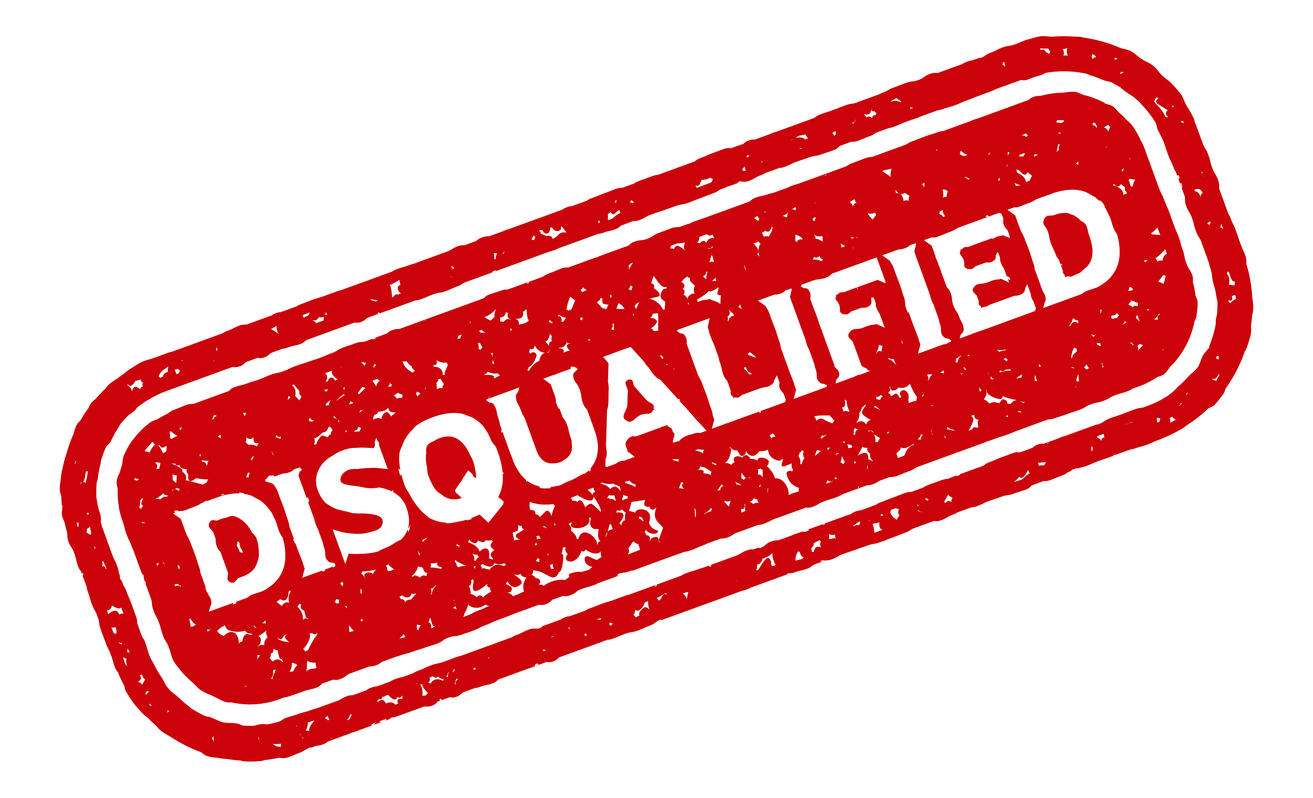I am often asked whether an insurer can depreciate overhead, profit, and sales tax when it makes an Actual Cash Value (“ACV”) payment under a Replacement Cost Coverage policy. The thinking goes that only the materials used to build a structure can be depreciated because overhead, profit, and sales tax do not lose value over time. I did a little research and found a case directly on point.
In Tolar v. Allstate Texas Lloyd’s Company,1 a storm damaged the insured’s property around April 13, 2007, and the insured filed an insurance claim shortly thereafter. The policy stated that Allstate would “pay only the actual cash value of the damaged building structure(s) until repair or replacement is completed….Upon completion of repairs or replacement, [Allstate] will pay the additional amount claims under replacement cost coverage[.]”
After adjusting the loss, Allstate depreciated the property value, general contractor overhead and profit (“GCOP”), and sales tax in determining the ACV payment. In the estimate, Allstate defined ACV as “the amount it would take to repair or replace damage to your home less depreciation” and defined depreciation as “the decrease of the property’s value due to age, wear and tear (condition) or obsolescence, except where otherwise noted.”
The insured alleged that Allstate breached its contract when it depreciated GCOP and sales tax when calculating the ACV for payment of the claim. The insured filed a motion for partial summary judgment, arguing the terms of the policy were ambiguous and should be construed in favor of the insured.
The insured also argued the policy was ambiguous because the terms “actual cash value” and “depreciation” were not defined by the policy. The insured further argued that only the value of the property itself was depreciable, and GCOP and sales tax were not. The Court noted under Texas law, “undefined terms on not per se ambiguous terms…. When analyzing undefined terms, the Court must first assign the undefined term its plan, ordinary meaning…. If the ordinary meaning of the term is susceptible to more than one reasonable interpretation, the term is considered ambiguous.”
Ruling in favor of Allstate, the Court noted :
Texas law unambiguously states that ‘replacement costs’ are subject to depreciation, and defines ‘replacement costs’ as any cost that an insured is reasonably likely to incur in repairing or replacing the covered loss.
The Court added:
GCOP and sales tax are considered ‘replacement costs’ because they are factored into policy limits and contractors’ bids…. Because GCOP, sales tax, repair costs, and property value together represent the total replacement cost value, it follows naturally that GCOP, sales tax, repair costs, and property value ought to be depreciated together to reach the ACV payment.
Based on this ruling, it appears that an insurer can depreciate overhead, profit, and sales tax when calculating an ACV payment. However, any depreciation on those items is recoverable once you replace or repair the damaged property.
1 Tolar v. Allstate Texas Lloyd’s Co., 772 F. Supp. 825 (N.D. Tex. 2011).



